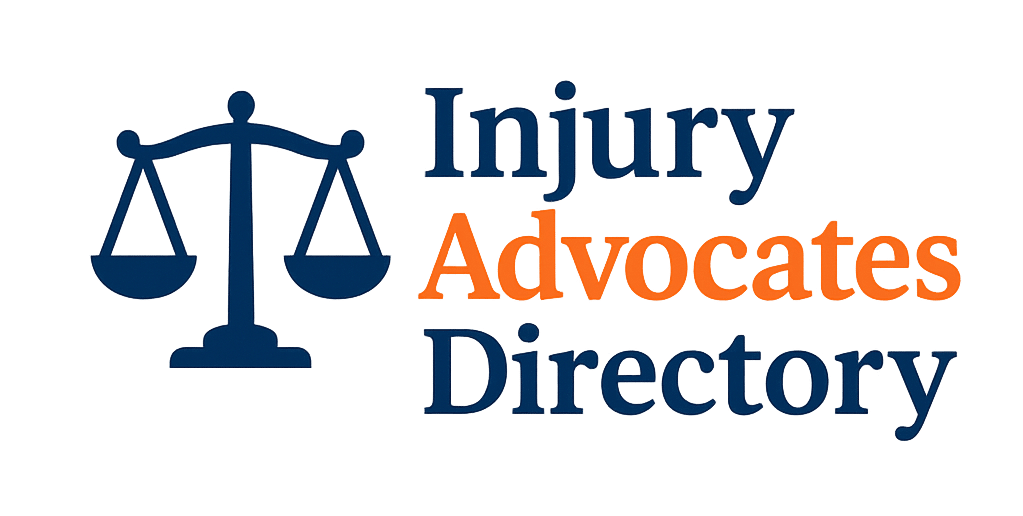Mental health plays a crucial role in personal injury lawsuits, particularly when psychological damages are involved. Understanding how mental health is considered in injury lawsuits can significantly affect the outcomes for claimants. This article delves into the intricate relationship between personal injury and mental health, exploring various aspects that influence legal claims.
Understanding the intersection of personal injury and mental health
Personal injury cases often extend beyond physical harm, covering the mental health impacts that can arise from traumatic events. Emotional trauma, anxiety, and conditions like PTSD are frequently overlooked but are essential components of many claims. Recognizing this intersection is vital for both victims and legal representatives.
Many individuals suffer silently, carrying the emotional weight of their injuries long after physical wounds heal. This underscores the need for a comprehensive understanding of how mental health impacts personal injury claims, as it can influence the amount of compensation awarded.
Victims must document their mental health conditions adequately to ensure they receive fair treatment under the law. This could involve psychological evaluations, therapy records, and personal testimonies that illustrate the extent of their suffering.
What psychological damages are recognized in legal claims?
In personal injury claims, several psychological damages are recognized, including:
- Anxiety: Often resulting from traumatic incidents.
- Depression: A common outcome that can severely affect quality of life.
- PTSD: A debilitating condition that can arise after experiencing or witnessing a traumatic event.
- Emotional distress: A broader category encompassing various forms of psychological suffering.
Each of these conditions can be substantial when pursuing compensation. Understanding psychological damages in injury lawsuits is essential for victims to advocate effectively for their rights.
The importance of mental health diagnosis in legal claims cannot be overstated. Proper documentation from qualified professionals helps substantiate claims and demonstrates the impact of the injury on the victim’s mental health.
How is emotional distress proven in court?
Proving emotional distress in court can be challenging, as it often hinges on subjective experiences. However, there are established methods to substantiate these claims:
- Medical documentation: Evidence from mental health professionals can validate claims of distress.
- Personal testimony: Victims can share their experiences and the impact of their injuries on their daily lives.
- Witness accounts: Statements from family and friends can corroborate the emotional toll on the victim.
In many cases, it is crucial to establish a clear link between the injury and the emotional distress claimed. This requires a thorough understanding of the legal framework surrounding these issues.
Additionally, courts may look for evidence of ongoing treatment or therapy, which can support the victim's case for compensation for emotional distress in personal injury cases.
What role does expert testimony play in mental health claims?
Expert testimony is pivotal in cases involving mental health injuries. Mental health professionals can provide valuable insights that help clarify the extent of psychological damages. They can assess the link between the incident and the victim's current mental health status.
When expert witnesses testify, they often present findings from evaluations, detailing how specific incidents may have led to conditions like PTSD or severe anxiety. This testimony can significantly influence a jury's perception and understanding of the case.
Moreover, the credibility and qualifications of the expert can impact the weight of their testimony. A well-respected psychologist or psychiatrist can lend considerable authority to a victim's claims.
What are the rights of victims regarding non-economic damages?
Victims of personal injuries have specific rights regarding non-economic damages, which include compensation for pain and suffering, emotional distress, and loss of enjoyment of life. Understanding these rights is crucial for victims seeking justice.
Many states allow victims to claim non-economic damages when they can prove their mental health has been adversely affected. This includes documenting emotional turmoil and demonstrating its impact on their daily lives.
Legal representation for mental health-related injuries is vital. Experienced lawyers can navigate the complexities of these claims, ensuring victims' rights are protected and they receive the compensation they deserve.
How can support resources aid in recovery after an injury?
Recovery after an injury, especially one involving mental health issues, can be a long and difficult journey. Fortunately, various support resources can aid in this process:
- Counseling: Professional therapy can provide victims with coping strategies.
- Support groups: Sharing experiences with others can foster healing.
- Psychiatric services: Medication may be necessary for managing severe symptoms.
- Educational resources: Learning about mental health can empower victims.
Utilizing these resources not only aids recovery but also strengthens the victim's case in court. Documented participation in support programs can serve as evidence of the mental health challenges faced.
Why choose KRW Lawyers for your personal injury case?
KRW Lawyers stand out in the realm of personal injury law by prioritizing clients' mental health needs. Their 'no win, no fee' policy removes financial barriers, allowing victims to seek justice without undue stress. By focusing on holistic recovery, KRW Lawyers ensure that clients receive both legal support and access to necessary resources.
With personalized approaches tailored to individual cases, KRW Lawyers maximize the potential for compensation while emphasizing the importance of mental health. Their expert legal representation helps victims navigate the complexities of psychological damage claims effectively.
Victims can find comfort in knowing they are supported by a dedicated team that understands the significance of mental health in injury lawsuits.
Questions related to understanding mental health in injury lawsuits
Is mental health considered bodily injury?
Mental health can indeed be considered a form of bodily injury in legal contexts. Courts often recognize that emotional and psychological suffering can arise from physical injuries or traumatic events. Victims may claim damages for their mental health struggles as part of their overall bodily injury lawsuit. This recognition emphasizes the importance of documenting mental health conditions alongside physical injuries.
What is the average payout for emotional distress?
The average payout for emotional distress can vary widely based on the specifics of each case, including the severity of the distress and the jurisdiction in which the claim is filed. Typically, emotional distress awards range from several thousand to millions of dollars, depending on the circumstances and the evidence presented. Factors such as lost wages, medical expenses, and overall impact on quality of life also contribute to determining compensation amounts.
How much compensation do you get for mental health?
Compensation for mental health issues can differ significantly depending on various factors, including the severity of the condition and its impact on the victim's daily life. Victims may receive compensation for therapy costs, medication, and other related expenses. In some cases, juries may award substantial amounts for long-term psychological trauma, especially if it significantly impairs the victim's ability to function.
What is the hardest injury to prove?
Often, psychological injuries such as emotional distress and PTSD can be the hardest to prove in court. Unlike physical injuries, which can be readily documented through medical imaging and reports, mental health conditions require more subjective evidence. Establishing the link between the traumatic event and the psychological injury often relies on expert testimony and personal accounts, making these cases particularly challenging.

